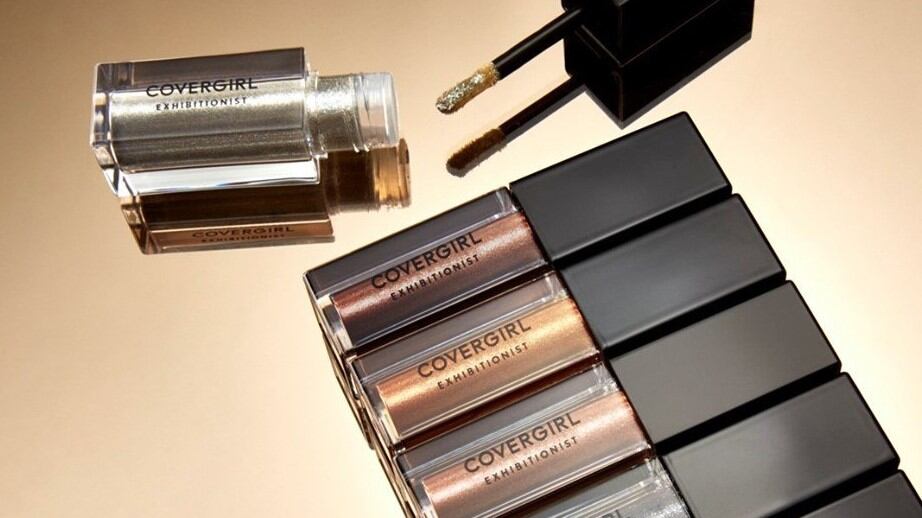Compared to its rivals, the firm behind Covergirl and Max Factor is relatively new in China, only establishing a subsidiary in 2016. Today, China only accounts for 4% of Coty’s total revenue.
“Although Coty has been around since 1904, I remind you that we are still young in China,” said Guilhem Souche, managing director of Coty China.
In the last fiscal year, total sales in China increased by 31% and in the first quarter of the 2022 fiscal year, China saw growth of nearly 50%.
The company has been extremely successful in the prestige beauty space, where it has gained significant market share since the beginning of the 2021 calendar year.
Coty has been outperforming the market with retail sales growing by 206% compared to 26% for the overall prestige category, which accounts for 85% of its sales in China.
This was mainly driven by the firm’s success in prestige make-up and in fragrances.
“Even though we only launched Burberry make-up in 2018 and Gucci in 2019, both are now among the top 25 makeup brands. In prestige fragrances, Coty has three brands in top 15: Gucci, Burberry, and Tiffany,” said Souche.
He added that Coty’s prestige brands were growing four times faster than the category.
“Looking forward, we are committed to continuing this growth and we still see ample opportunity in e-commerce, for instance, where our penetration is still eight points below the market.”
He added: “Our [three-year] ambition is to more than double our sales… We'll continue expanding our distribution platform with the best partners, particularly in prestige.”
Smells like success
Within prestige, Coty is eyeing huge potential in fragrances, where it believes it is well-positioned to gain market share with its slew of well-established fragrance brands from Gucci to Chloe.
“China is a market dominated by skin care, which currently represents 68% of the market and has grown by plus 25% CGAR over the last two years. However, fragrances are now the fastest growing category, growing at plus 30% CGAR,” said Souche.
“It is estimated that 2.5% of China's 1.4 billion people currently use personal fragrances. This is a key growth opportunity and brands like Calvin Klein, Marc Jacobs, Hugo Boss, Lacoste, will also have a role to play to recruit gen Z.”
At the same time, the company is aiming to strengthen its position in make-up and skin care.
“Our plan is to keep growing skin care and make-up to account for roughly 60% of our business,” said Souche.
The company has already begun laying the groundwork for skin care with the launch of Lancaster in Hainan and is planning to introduce Orveda into the market.
“Lancaster repositioning is just getting started in Hainan… We are also excited to add Orveda to our portfolio and about the potential of the brand in the ultra-premium segment, which is one of the most dynamic in China. We are now building capabilities, working on the brand positioning and fiscal year 2023 will be the year of skin care expansion in China.”
Since establishing a subsidiary in China, Coty has been making the transition from a distribution model to running its own online and offline retail storefronts.
“Our transition from a distribution model to own retail and e-commerce is enabling us to better control our brands and establish a direct relationship with our end customers, and it also generates higher margins,” said Souche.
He said the company would continue to expand it distribution platform with the best partners, particularly in the prestige category.
“Our prestige e-commerce sales increased by 246% in Q1 fiscal year 2021 compared to the previous year. Our e-commerce penetration in prestige rose to 25% from 10%. For [Double 11], we doubled Coty’s e-commerce sales and in prestige tripled the sales of our flagships last year.”
The company anticipated that e-commerce would represent half of its sales in three years.



